We all have big ideas. There are things that we want to do to positively influence others and make a difference in the world. When it is time to “take the leap”, however, we are often left a little overwhelmed with all the details that go into making our business or organisation thrive.
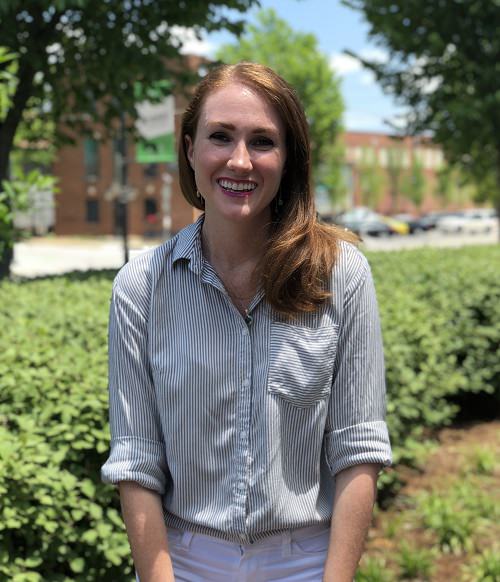 That’s where experts like Jessica Kinsey come in. Jessica is the founder of Prodigy and Co, a consulting company dedicated to helping impact-driven organisations build strategy behind their mission. She understands that most leaders are “big picture” dreamers and have the courage to start things, but sometimes need guidance on how to establish and grow their ventures.
That’s where experts like Jessica Kinsey come in. Jessica is the founder of Prodigy and Co, a consulting company dedicated to helping impact-driven organisations build strategy behind their mission. She understands that most leaders are “big picture” dreamers and have the courage to start things, but sometimes need guidance on how to establish and grow their ventures.
In our interview, Jessica shares with us some basic fundamentals behind thinking through the structure of your organisation and how to move past times when you feel stuck.
Jessica, I am so excited to connect with you and share more of your story with our readers. To begin with, would you tell us why you started your business?
I started Prodigy & Co to help small businesses and nonprofits be more creative in their strategies for products, services, programs, marketing—pretty much everything. I’m a huge believer that we can’t solve problems or make a difference by doing the same thing we have always done, and I saw too many people just “rinse and repeat” the same old thing, or something someone else had done, hoping it would work, but not making progress.
What is the meaning (or backstory) behind your name “Prodigy & Co.”?
When you think of a prodigy, you think of a young kid who is exceptionally gifted but needs guidance and direction. That’s how I think of my clients. They excel at what they do. They have a heart and a passion for the work or the people or the craft, but they need guidance and direction. Most of them don’t have business backgrounds. They are the makers and doers who need help creating a sustainable organisation for their work.
You obviously have a passion for working with entrepreneurs and leaders who are “impact” and “mission” focused. Where did this desire to help these specific people come from?
There are a lot of big challenges we are facing today and I want to work with the people who are trying to make progress, trying to make a difference. Whether you are a for-profit or non-profit, if your goal is to make a positive impact on people’s lives, I want to help you do that. I also think that businesses and organisations that are built out of a passion to make an impact are more likely to last. Money is not enough to keep you going when things get tough. Money matters, a lot. You have to pay your bills and support your family. But when things get hard, and they absolutely will, most people can go get money elsewhere. They can go back to a “real job” and have stability and safety. Mission-driven people do the work because they can’t not do the work. That kind of passion is contagious and exciting.
Do you provide a variety of services, which one are you most excited about?
The work I enjoy most is helping non-profits bring a social enterprise aspect to their organisation. I see too many non-profits rely solely on donors and they are fundraising their entire budget each year. It wears them down. They are working hard enough to do good work in the community and make a difference. If I can help bring something to the organisation that can earn revenue so they can have a more sustainable, regular source of funding, that’s an incredible feeling. It can also be a real challenge to balance revenue generation with program impact and outcomes, and that’s a fun thing to take on.
What is the main difference between a non-profit and a social enterprise?
This is such a tough question to break down, because everyone has a different opinion. There’s the difference between a non-profit and for-profit which is based on tax status with the IRS, and what the goal is related to money. Are you putting it all back to the mission, or do you want to take earnings out for the owners?
More broadly speaking, the term social enterprise (to me) means an organisation that was founded based on a sense of mission and making a positive impact in the world, and all or most of their revenue comes from the creation and sale of a product or service. I believe that kind of organisation can be a for-profit or non-profit. Not everyone agrees, but I think for-profit businesses can exist for social good. That the owners can “do good and do well”, as it’s sometimes said. Some non-profits are social enterprises because they create a product or service that they sell. Some non-profits are 100% donation based—I don’t consider those social enterprise.
It’s about the combination of social and enterprise. You have to be mission-driven and focused on making a positive social change. The social part. And you have to be selling something. The enterprise part. I don’t think the tax status matters.
I would like to see more people start for-profit social enterprises. I believe there is this dichotomy in the way people think about doing good versus making money. That it is either/or. You either go into business and make a lot of money and then give it to charity, or you go to work for a nonprofit and you make next to nothing and kill yourself for the greater good. I think we need to re-think that. You can do both. You can start a for-profit organisation that is built to do good and earn a lot of money at the same time. It’s about staying mission-focused, taking great care of all of your resources (people, environment, etc.), and doing what is right. I ultimately believe if you do that, profits will follow, because people want to buy from and support companies that do good.
What are a few tangible pieces of advice you would give someone looking to grow their business or organisation but currently feels stuck?
Find a support system of like-minded leaders in a similar place as you, and learn from and lean on each other. Especially for solo entrepreneurs or non-profit founders, it can be so incredibly difficult to go it alone. When you have someone to bounce ideas off of and ask for advice and support, it can be a game changer.
Don’t spread yourself too thin. I’d like to say focus on one thing, but I know that isn’t possible, especially in the early stages. But be mindful of the work and projects you do take on. Protect your energy and time, and put it into the things that will move the needle the most. We often feel stuck because we don’t know the right next step because there are a thousand things we could do. The more you focus in, the less that happens.
For non-profits, be extra strategic about donors, board members, and partners who share your values and want to do things the right way. Don’t just take money because you need it, and try to find donors who believe in the importance of “overhead” or “administration”. It’s not a bad thing. You can’t run an organisation that is understaffed with underpaid people, or reach your audience with no marketing budget. It’s such a hard thing to do, but it makes an incredible difference.
What is your vision moving forward? Where would you like to take the company from here?
I’m looking to hire my first (part-time) staff member to help keep me organised and on target. I have a lot of big ideas and I need some reining in, sometimes. That’s a really exciting step for me and will allow me to do more of what I truly love, which is strategising with organisations on how to grow their impact.
I just kicked off an 8-week intensive with small non-profits locally to help them set a solid foundation to maximise and grow their impact, and maintain financial sustainability. My goal is to adapt that intensive into an online program early next year, so I can increase my own impact in the non-profit space.
I would like to start working with more for-profits that want to add or increase social impact through their businesses, whether that is through their internal processes or partnering with non-profits. It comes back to my comment about “doing good and doing well”. I’d like to see more businesses put an intentional focus on that.
My ultimate vision is about expanding my impact as much as possible. I have a finance degree, so the power of compound interest was practically beat into me in school. I want to create a compound impact. I want to look back at the organisations I’ve worked with and see how my work has helped them create massive positive impact with their beneficiaries and then see how those people whose lives were changed have gone on to create massive positive impact as well.
About Jessica
Whether Jessica was performing at Clown College, or calling women in nursing homes via a “phone-pal” program, or volunteering at the YMCA, she has always been a dedicated servicewoman. But even more than serving, Jessica wants to serve strategically. Jessica can be easily influenced toward your passion, and she wants to hear what you’ve got up your sleeve. She holds a degree in finance and an MBA from the University of Tulsa. She has worked as an adjunct professor at the TU, teaching Creativity and Innovation to some of the brightest entrepreneurs in town. She still can’t decide if coffee or wine brings better ideas. But who wants to choose? You can connect with her at prodigyandco.com



 About the Author –
About the Author –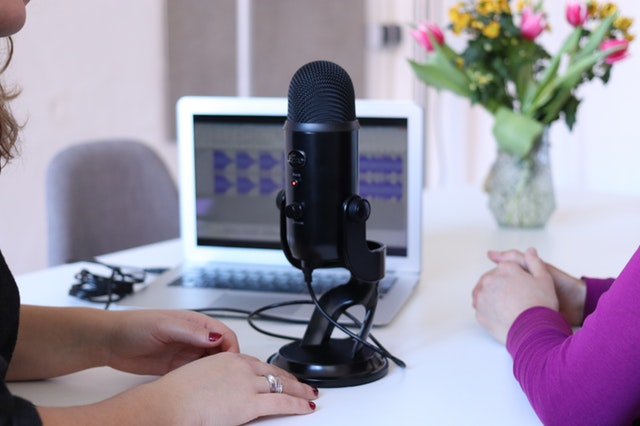
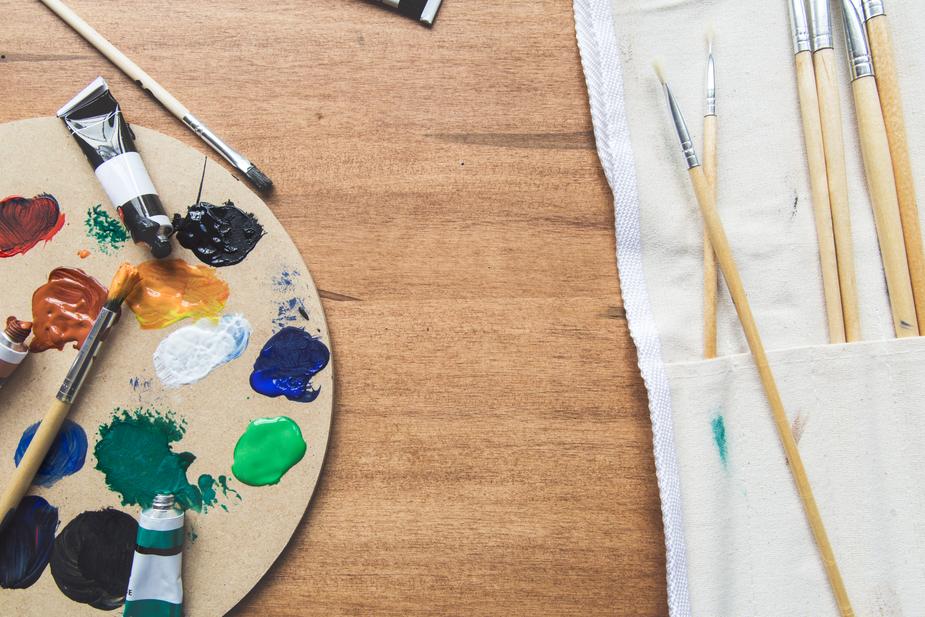
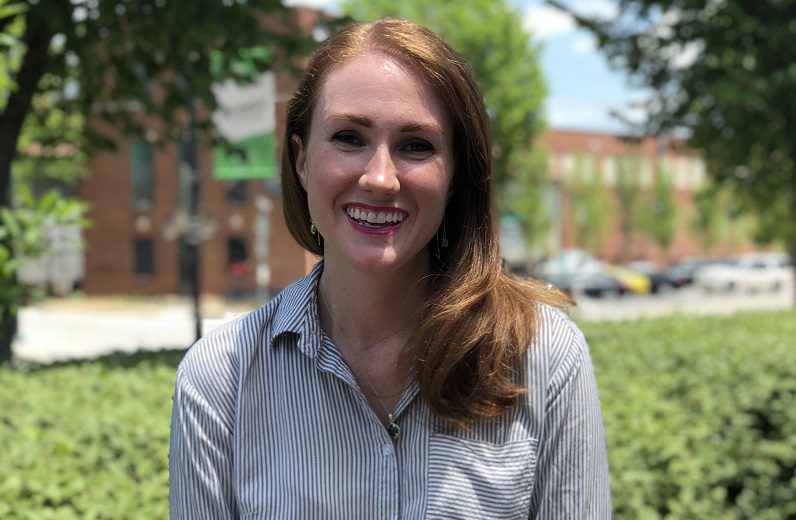
 That’s where experts like Jessica Kinsey come in. Jessica is the founder of Prodigy and Co, a consulting company dedicated to helping impact-driven organisations build strategy behind their mission. She understands that most leaders are “big picture” dreamers and have the courage to start things, but sometimes need guidance on how to establish and grow their ventures.
That’s where experts like Jessica Kinsey come in. Jessica is the founder of Prodigy and Co, a consulting company dedicated to helping impact-driven organisations build strategy behind their mission. She understands that most leaders are “big picture” dreamers and have the courage to start things, but sometimes need guidance on how to establish and grow their ventures.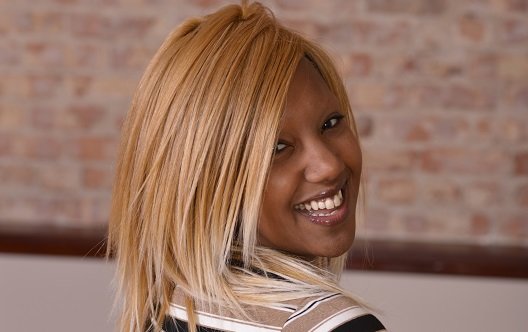
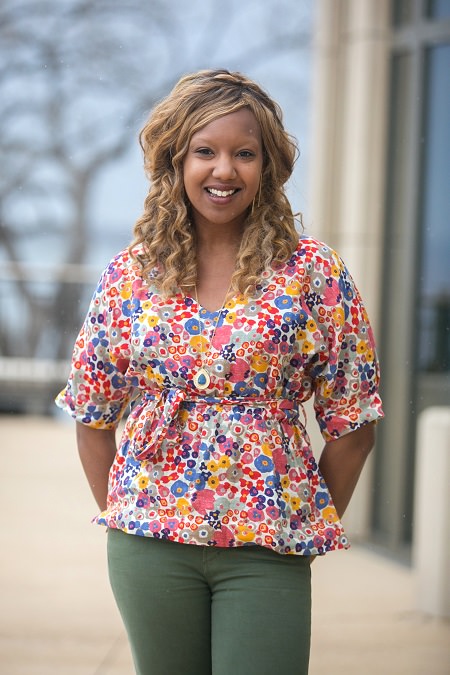 Have you ever considered a career in writing? You may or may not have formal training and wonder if you have what it takes to make a full-time career from something that you love. Whether it is through monetizing a personal blog or landing a job with a magazine, if the idea of writing excites you, you will love this interview with Rachel Werner.
Have you ever considered a career in writing? You may or may not have formal training and wonder if you have what it takes to make a full-time career from something that you love. Whether it is through monetizing a personal blog or landing a job with a magazine, if the idea of writing excites you, you will love this interview with Rachel Werner.